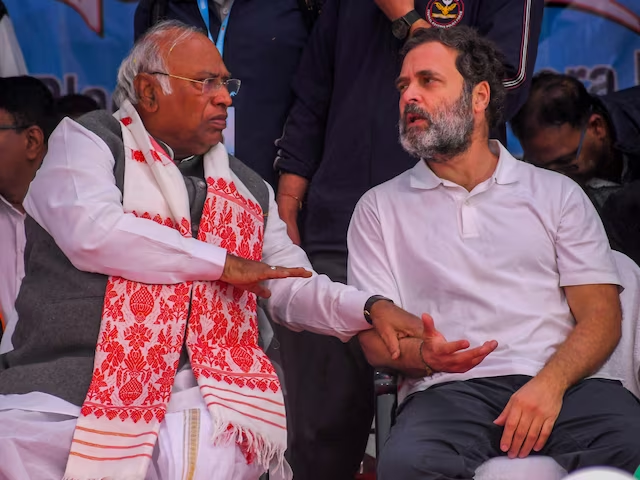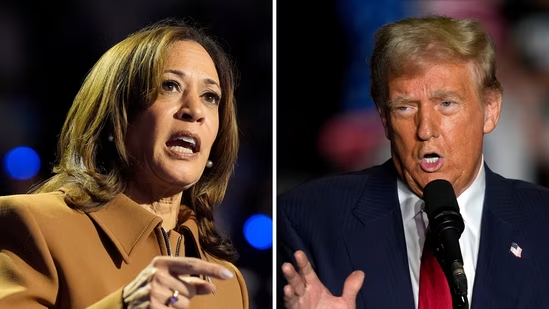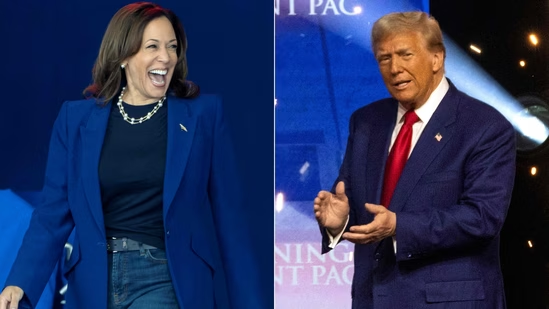The Congress president articulated that with Andhra Pradesh aggressively pursuing growth in the IT sector, Karnataka could not afford to implement reservation policies under the current conditions. This argument appears to have influenced Gandhi’s stance for the time being.

One of the immediate repercussions of the ‘Kannadiga’ quota controversy in Karnataka is that the Congress may become cautious about discussing reservations in the upcoming elections, particularly in Haryana and Maharashtra. This raises questions about Rahul Gandhi, who has consistently advocated for quotas, including in the private sector.
During the recent Lok Sabha elections, a controversy erupted when Gandhi appeared to endorse wealth redistribution. The BJP seized on this, and while Congress issued clarifications, Gandhi remained steadfast in his belief that such measures were essential for ensuring widespread development.
Why did the Karnataka government reverse its stance within 24 hours of unveiling the quota Bill? The abrupt change was driven by concerns over a potential backlash from the industrial sector, which could lead to either an exodus of businesses or significant unrest.
Bengaluru, for instance, is a melting pot of professionals from various states who contribute their skills to keep the city at the forefront of innovation and industry.
As Karnataka deliberated over the quota Bill, the BJP and other Congress critics quickly capitalized on the situation. Andhra Pradesh Chief Minister Chandrababu Naidu’s son and minister, Nara Lokesh, invited businesses to relocate to his state, prompting Congress leader Priyank Kharge to intervene and counter the move. This confrontation revealed the unease within the Kharge faction regarding the Siddaramaiah government’s decision.
Sources indicate that Kharge’s options were limited. Faced with the challenging job market in Karnataka, political pressures led the chief minister and his team to believe that introducing a quota was the only way to placate the discontented Kannadigas.
However, Deputy Chief Minister DK Shivakumar reportedly disagreed with the decision. He expressed concerns to both the chief minister and Delhi leaders that the quota could have severe political repercussions and could potentially drive away businesses, negatively impacting Karnataka’s economy.
The more significant challenge was convincing Rahul Gandhi—a task that only Mallikarjun Kharge could have accomplished. The Congress president argued that with Andhra Pradesh aggressively competing in the IT sector, Karnataka could not afford to implement reservations under the current conditions. Ultimately, Kharge succeeded in persuading Gandhi, though the resolution might be temporary.
As the Rahul Gandhi committee prepares to address the quota issue and the upcoming state elections, it is anticipated that he will seek a compromise. Finding such a middle ground may prove to be a difficult endeavor.
At present, Gandhi has instructed the state government to provide assurances to the Kannadigas, following consultations with corporate stakeholders to ensure all parties are satisfied.
For the forthcoming state elections, the party will advance Gandhi’s agenda with a cautious approach.




